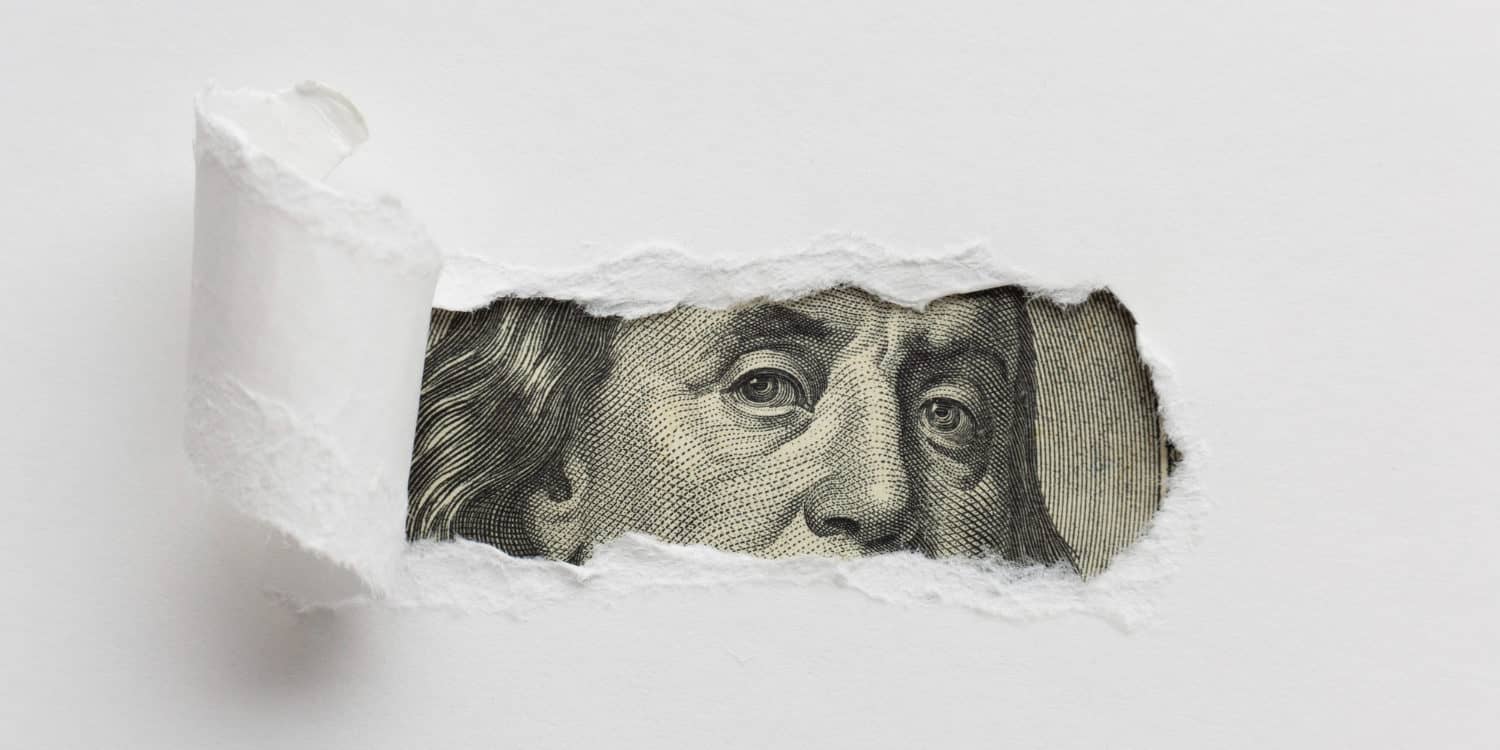The 180-day rule:
One of the most important rules about bankruptcy and inheritance is that funds inherited within 180 days (or about six months) of the filing of a bankruptcy petition are generally considered to be part of the bankruptcy estate. This means that the bankruptcy court has the right to use those funds to repay creditors, pay court fees or do anything else it deems appropriate. Section 541(a)(5) of the Bankruptcy Code.
The effect of an inheritance while you are in bankruptcy depends on timing. If you inherit within 180 days of the date your petition is filed, that inheritance will become property of your bankruptcy estate. You will be required to bring that matter to the attention of the court and your trustee by amending the paperwork filed with the court to disclose the inheritance.
In a Chapter 7 case, if the inheritance came in the first 180 days after your case was filed, it will go to the trustee unless you are able to exempt a portion of the inheritance by utilizing the federal exemptions. If the inheritance is received after that initial 180 day period, the trustee would have no claim to it, and you would be able to keep it.
In a Chapter 13 case, the 180 day rule does not apply as the inheritance would automatically become part of the bankruptcy estate. The value of the inheritance would be used to determine, in part, how much you must pay into a Chapter 13 plan in order to be fair to your creditors.
Federal Rule of Bankruptcy Procedure Rule 1007(h) provides that a debtor has 14 days to supplement his schedules reflecting an interest acquired after filing a petition.
FED. R. BANKR. P. 1007(h).









